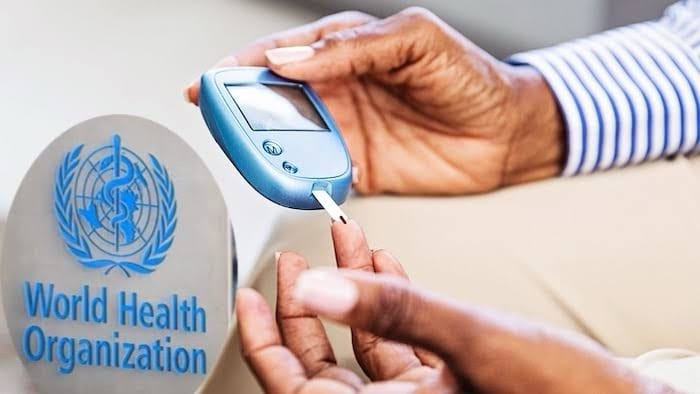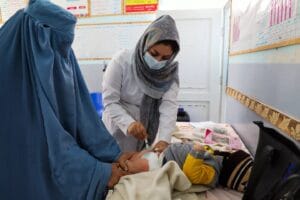WHO warns of diabetes crisis as cases surge across Africa
The World Health Organization (WHO) is sounding the alarm on the rapid rise of diabetes across Africa, warning that without immediate intervention, the continent could face dire health and economic consequences.

The World Health Organization (WHO) is sounding the alarm on the rapid rise of diabetes across Africa, warning that without immediate intervention, the continent could face dire health and economic consequences.
Currently, over 24 million adults in Africa are living with diabetes, with half unaware of their condition. The prevalence is expected to double to 54 million by 2045, making Africa home to the highest global growth rate in diabetes cases. WHO attributes this alarming trend to factors such as rapid urbanization, sedentary lifestyles, and poor dietary habits.

“The historical focus on infectious diseases has left health systems ill-prepared to handle chronic conditions like diabetes,” said WHO Regional Director for Africa, Matshidiso Moeti. “Diabetes requires long-term care, medication, and lifestyle changes—needs that our current infrastructure struggles to meet.”
With just 1% of Africa’s health budget allocated to diabetes care, the region is dangerously underinvested in managing this growing crisis. The lack of funding threatens to overwhelm already fragile healthcare systems and places a heavy financial burden on individuals.
To address this, Moeti is calling for comprehensive, community-driven solutions. She emphasized the need for health system reforms, highlighting the August 2024 endorsement of the Global Diabetes Compact (GDC) by the WHO Regional Committee for Africa. This framework aims to enhance early diagnosis, improve access to essential medicines, and integrate diabetes care into primary health systems.
“In the face of this crisis, it is critical for governments, development partners, and communities to unite and break the barriers preventing effective diabetes prevention and care,” Moeti concluded.














